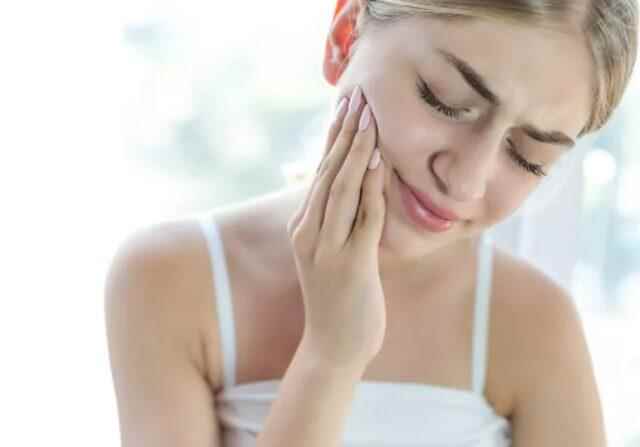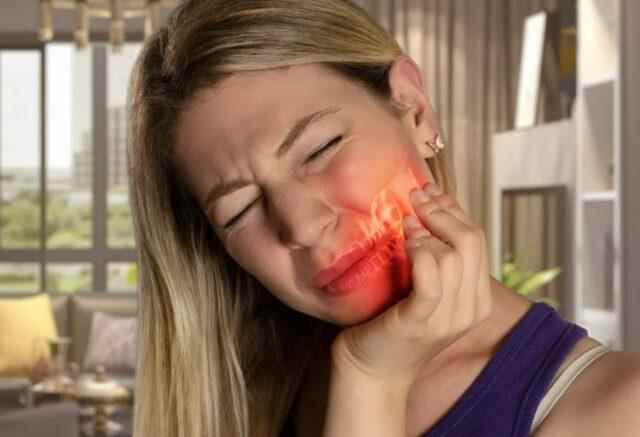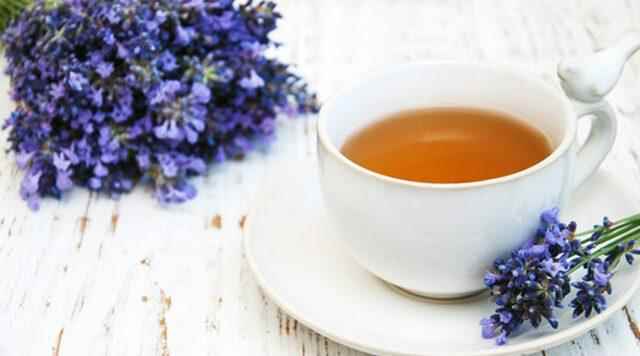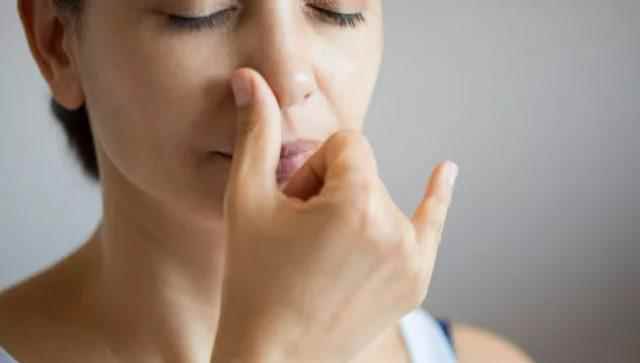Bruxism causes people to grind their teeth involuntarily. Especially at night, teeth eruption and grinding cause unbearable pain in the morning. If bruxism is not treated, it can cause damage to the teeth, jaw disorders and sleep problems. If dentists diagnose bruxism (clenching) in individuals, they try to determine the cause of clenching by asking questions about the individual’s general dental health, medications, daily routines and sleep habits and apply the most appropriate treatment method. To reduce bruxism complaints at home, you need to try the methods below.
BREATHE THROUGH YOUR NOSE
Nasal breathing is natural and recommended. Mouth breathing increases the likelihood of complications, as the air entering the airways is not filtered or heated. Let’s say we breathe through the nose throughout the day. In this case, since the jaw will be relaxed and in a position as close as possible to the physiological position, we more or less consciously reduce the possibility of clenching our teeth. (This, of course, with the lips closed and the tongue in the palate area). There are several simple exercises to encourage nasal breathing. One of the simplest is to consciously breathe through your nose and try to hold your breath for as long as possible. As you repeat this, you’ll improve your control over the habit in a matter of days.
LOOSE THE JAW

The strong muscles that allow chewing are those that contract excessively and cause squeaking. This causes clamping and harmful pressure on the jawbones. If we can relax these tissues, there will be less pressure on the dental arches. In this way, we can consciously and unconsciously help prevent bruxism. A simple exercise similar to the one we described for practicing nasal breathing is to place your tongue behind your teeth as you breathe in and out. Repeat this several times a day to encourage awareness of the action. You can also rest the tongue without moving it on the roof of the mouth and open and close your mouth. In addition, you can purposefully tilt your chin back over and over again. This is a way to relax the jaw muscles, like yawning after a physical exercise.
FIX YOUR POSTURE

Although it may not seem like it, posture is very important for the chin. The shoulders and cervical spine directly affect the tension that builds up in the muscles of the skull. If we sit incorrectly to work or eat, there will be accumulated tension at the end of the day, which can be expressed as bruxism. On the other hand, if the body is relaxed thanks to healthy positions, it is less likely to contract during the night. This also includes your sleeping posture. While sleeping both horizontally and horizontally, the muscles try to balance based on tension. If your pillow is too hard or too high, the jaw muscles will contract to compensate.
STAY AWAY FROM STRESS

Among the remedies for bruxism treatment at home, stress reduction is a must. It’s about changing your lifestyle to control anxiety and avoid irritable situations as much as possible. Stress is the cause of teeth clenching and grinding. Often times, the disorder can arise from not knowing how to manage emotions and turning them into physical symptoms.
MAKE A JAW MASSAGE

You can massage your face. The principle is the same as for other types of massage. The goal is to relax the muscle fibers so they don’t contract, or better yet, to prevent them from stretching beforehand. You can do this using your hands. It is possible to start in front of the ears and go down as if stretching the skin with your fingers. If you spot an area with a certain tension or knot, stop there and apply pressure for a moment. Then continue down. However, these massages will not work if done alone. Ideally, those suffering from bruxism should do these at different times of the day, every day.
RELAX MUSCLES WITH HEAT
Heat can relax muscles. To warm the chin, you can use a device designed for this purpose, or you can do it with warm clothes. Precautions should be taken to avoid causing burns on the facial skin. Both commercial pads and homemade wipes should not be at high temperature. In fact, a warm temperature is sufficient. Heat should be applied to both sides of the face and over the jaw muscles. One option is to do this therapy at night before going to bed, and the other is to plan to do it at specific times during the day.
USE SMOOTHING TEA

Among the most recommended herbs are:
Valerian: This substance is safe to use if normal doses are followed. It is linked to reducing anxiety.
Daisy: Chamomile tea has been a calming and relaxing ingredient for centuries. However, caution should be exercised if you are taking other medications, for example, as they have interactions with blood thinners.
Lavender: Lavender essential oil is widely used in aromatherapy. It has to do with blood pressure, as it can lower it in some people. It is often placed in diffusers to scent environments and aid relaxation.
